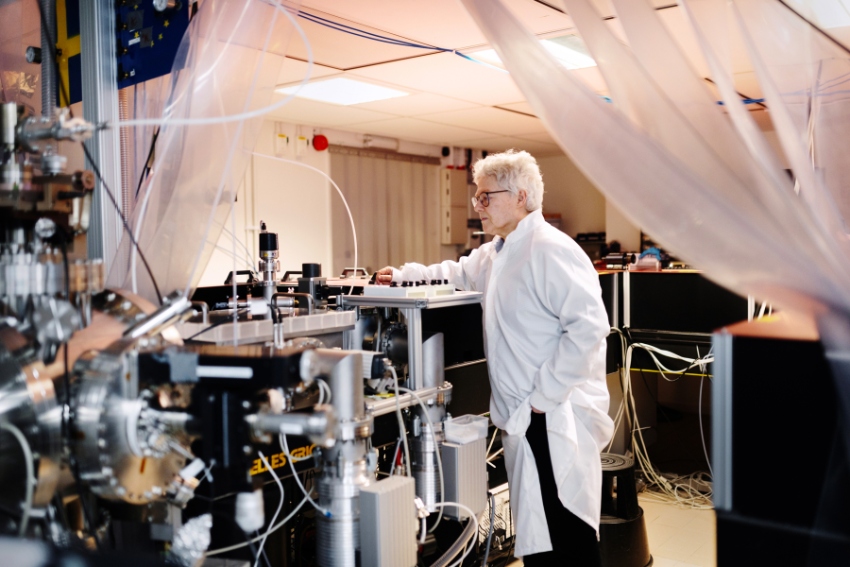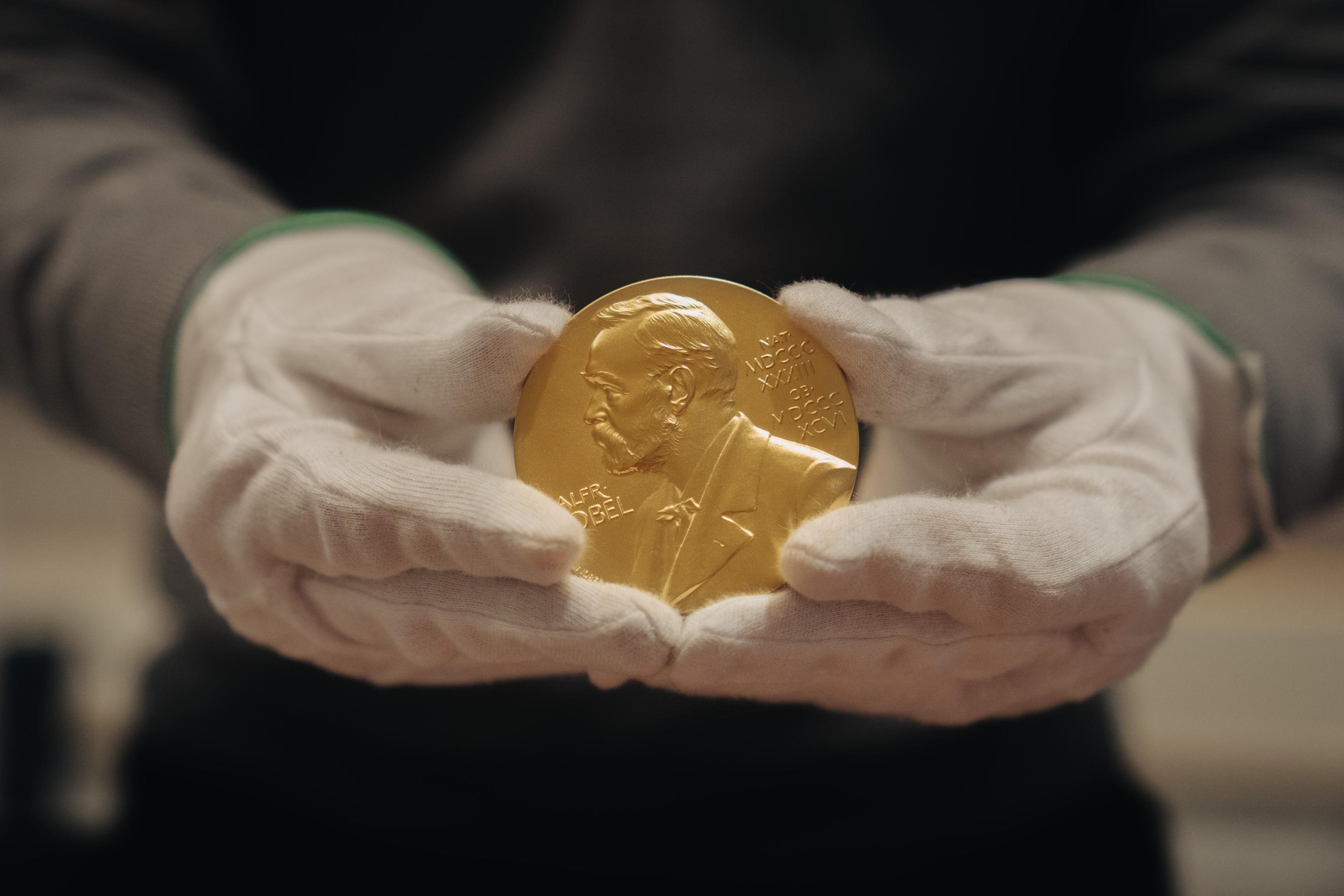Excellence for the benefit of the world
DEAN’S BLOG. This year’s Nobel Prize winners have been announced, a reminder of the pioneers of science. And Lund University has once again been listed as one of the world’s leading universities. The fact that the latest Times Higher Education ranking also shows that Lund University performs well regarding external engagement and industrial collaborations is pleasing for LTH’s dean, Annika Olsson.
– Published 18 October 2024

Last week it was time for the announcement of this year’s Nobel Prize winners, and it is now one year since LTH and Lund University received the news that the world’s finest prize in physics had been awarded to our excellent professor, Anne L’Huillier, who for many years conducted research on attosecond pulses and taught students and early-career researchers in the field of laser physics.
Since then, it has been no less exciting to follow the Nobel Prize news, and to hear about the Lund researchers who in a variety of roles worked on preparations and selection.
Last year was the first time that a Nobel Prize was awarded to a researcher working at Lund University – and incidentally it has been 24 years since a Swedish University could last celebrate for a similar reason. That was in 2000 when Arvid Carlsson, a professor at the University of Gothenburg, was awarded the Nobel Prize in Physiology or Medicine – also a prize awarded in memory of Alfred Nobel to honour those “who have conferred the greatest benefit to mankind”.
Another piece of gratifying news last week was that Lund University was ranked number 95 – eleven places higher than last year, and number two among Swedish higher education institutions, along with KTH – in the Times Higher Education (THE) ranking.
Lund University in the top 100 in THE ranking
The fact that we have risen in several important rankings this year is, of course, largely due to our excellent researchers, who work hard in competition with others to obtain research grants from the major funding bodies, both public and private.
As Lund University’s Vice-Chancellor Erik Renström emphasises (in Swedish), it is not possible to reach the peak of scientific excellence without good colleagues. Curiosity and the determination to understand and improve are other important driving forces.
This year’s THE ranking shows that Lund University is rated highly regarding external engagement and industrial collaborations, and here I dare to say that LTH plays a major role.
In the QS ranking – another ranking of significance when we recruit top talent nationally and internationally – Lund University is rated among the ten best in the world regarding sustainability. In this context, LTH’s research also contributes in terms of exploration and creation that clearly are for the benefit of the world.
On Friday 18 October, I had the pleasure of inaugurating four more LTH professors. All four work in one of LTH’s Profile Areas, namely Nanoscience and Semiconductor Technology, Circular Building Sector, Aerosols and Energy Transition.
All four conduct research that contributes to sustainable development within their respective fields, and this is mainly done in close collaboration with wider society. Their research and results are for the benefit of our collaboration partners and for society in general, which again shows that our excellent research helps to benefit the world.
Annika Olsson
Dean of LTH
PS Take the chance to browse among our branded merchandise if, like me, you want to show the world how proud you are of the 2023 Nobel Prize in Physics, awarded to, among others, Professor Anne L’Huillier:
Nobel Prize in Physics 2023 – University Shop at Lund University (on lu.se)

Science’s finest prize – for the benefit of humankind
When inventor, entrepreneur and businessman Alfred Nobel died, his will specified that the bulk of his fortune should be used to reward those who during the preceding year “have conferred the greatest benefit to mankind”.
Nobel’s prizes would honour outstanding achievements in physics, chemistry, physiology or medicine, literature and work for peace.
After Alfred Nobel’s death, a process was initiated to realise the vision and the first Nobel Prizes were awarded in 1901.
Source: Nobelprize.org, Photo: Nobel Prize Outreach/Clément Morin
